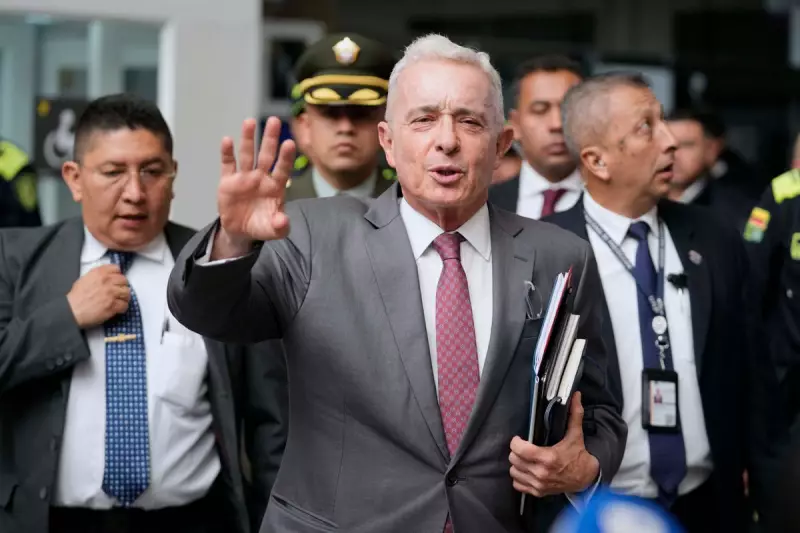
Colombian President Gustavo Petro has ignited a political firestorm with a stunning allegation: a coup d'état is being planned against him, and he is publicly calling for international intervention to stop it.
In a series of posts on X (formerly Twitter), the leftist leader claimed to possess intelligence about a conspiracy to oust him from power. He took the extraordinary step of directly addressing the United States and the United Kingdom, urging them to withdraw their support for the alleged plot, which he insists involves members of Colombia's own armed forces.
A President Under Fire
The allegations come at a time of significant tension for Petro's administration. His government is currently embroiled in a major scandal, with his son, Nicolas Petro, under investigation for corruption and money laundering. The president himself is also facing a probe into his 2022 election campaign finances, creating a volatile political environment ripe for instability.
Petro's message was pointed and specific. "If you have any information about the coup d'état in Colombia, please tell the world," he appealed to his followers, framing the situation as a direct threat to the nation's democracy.
International Appeal and Military Tensions
The call for the US and UK to intervene is particularly significant given Colombia's long-standing, close military and political ties with Washington. This relationship, historically built on counter-narcotics and counter-insurgency cooperation, adds a complex diplomatic layer to the president's claims.
Further escalating the crisis, Petro announced the removal of the general commander of the Colombian army, General Luis Ospina. While the official reason given was a personal conversation between the two men, the timing, amidst coup allegations, suggests a deeper struggle for control within the military's upper echelons.
A Nation on Edge
These developments have plunged Colombia into a state of heightened political anxiety. The public allegations of a military conspiracy against a sitting president are unprecedented in recent history. Observers are now watching closely to see how the armed forces, the political opposition, and the international community, particularly the US embassy in Bogotá, will respond to these grave accusations.
The situation remains fluid and represents one of the most severe tests to the stability of Colombia's democratic institutions in decades.





